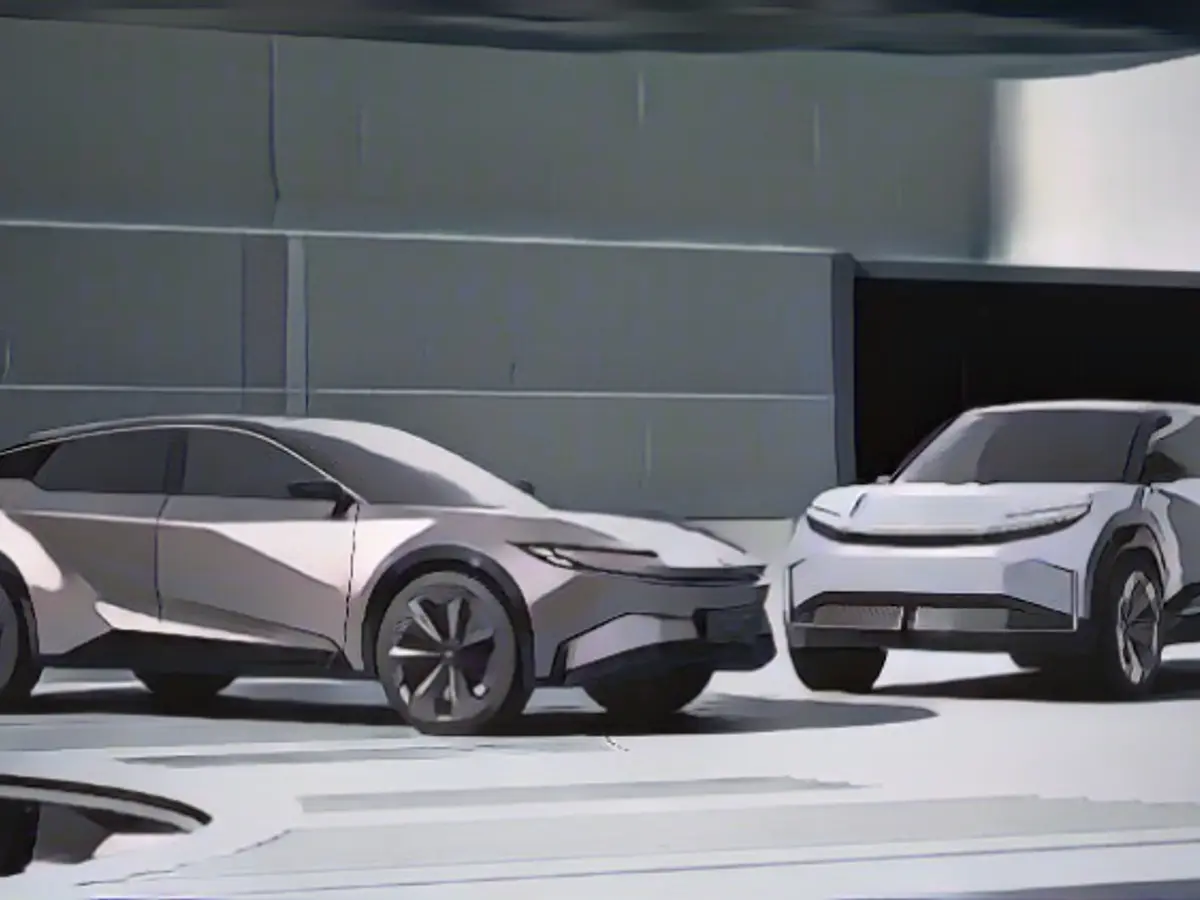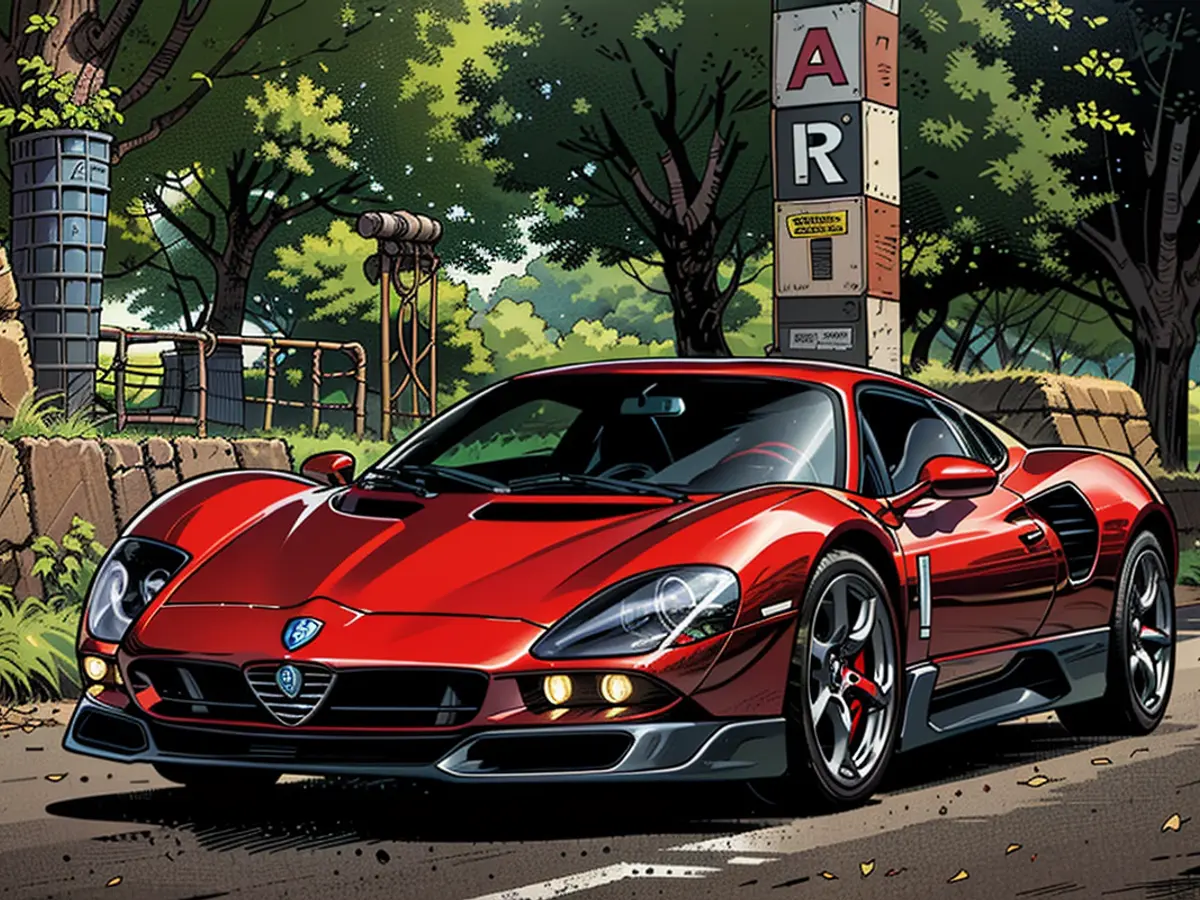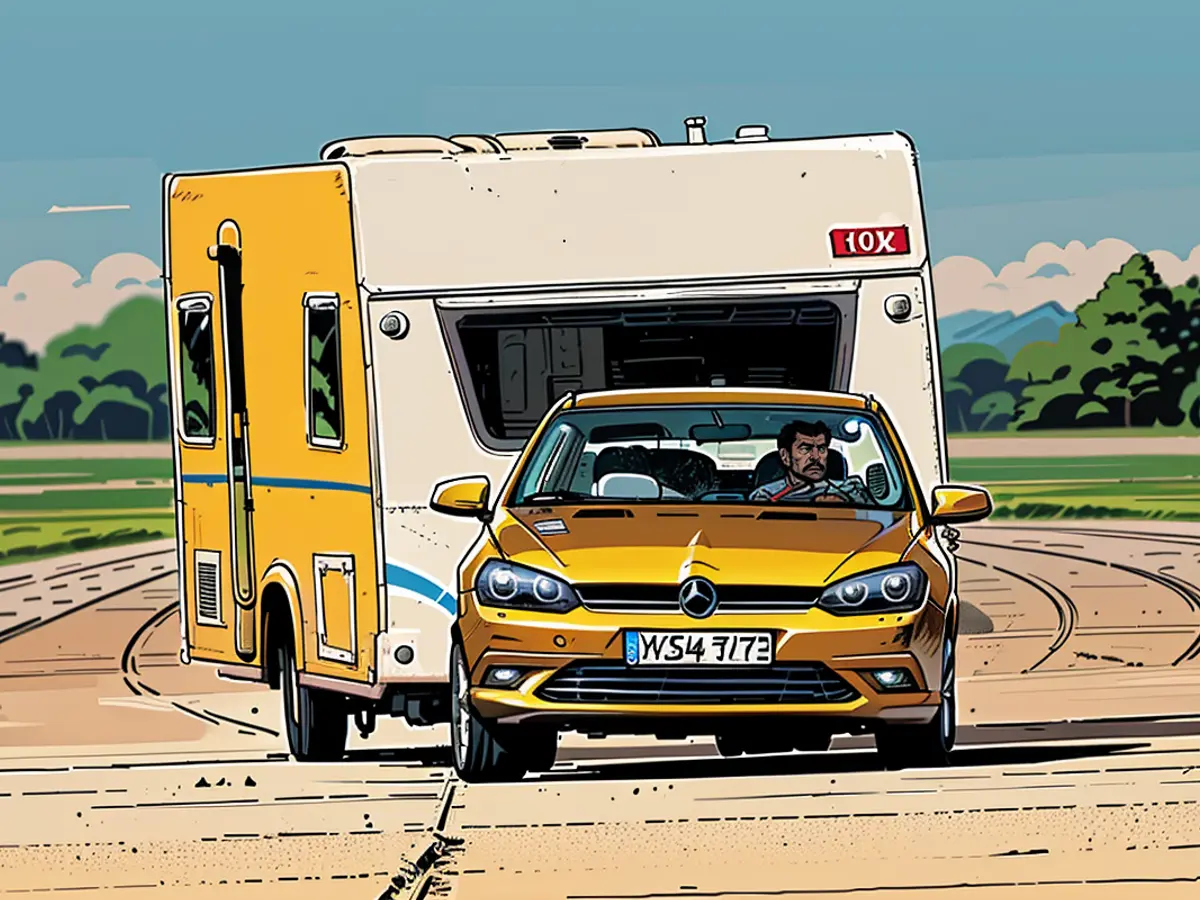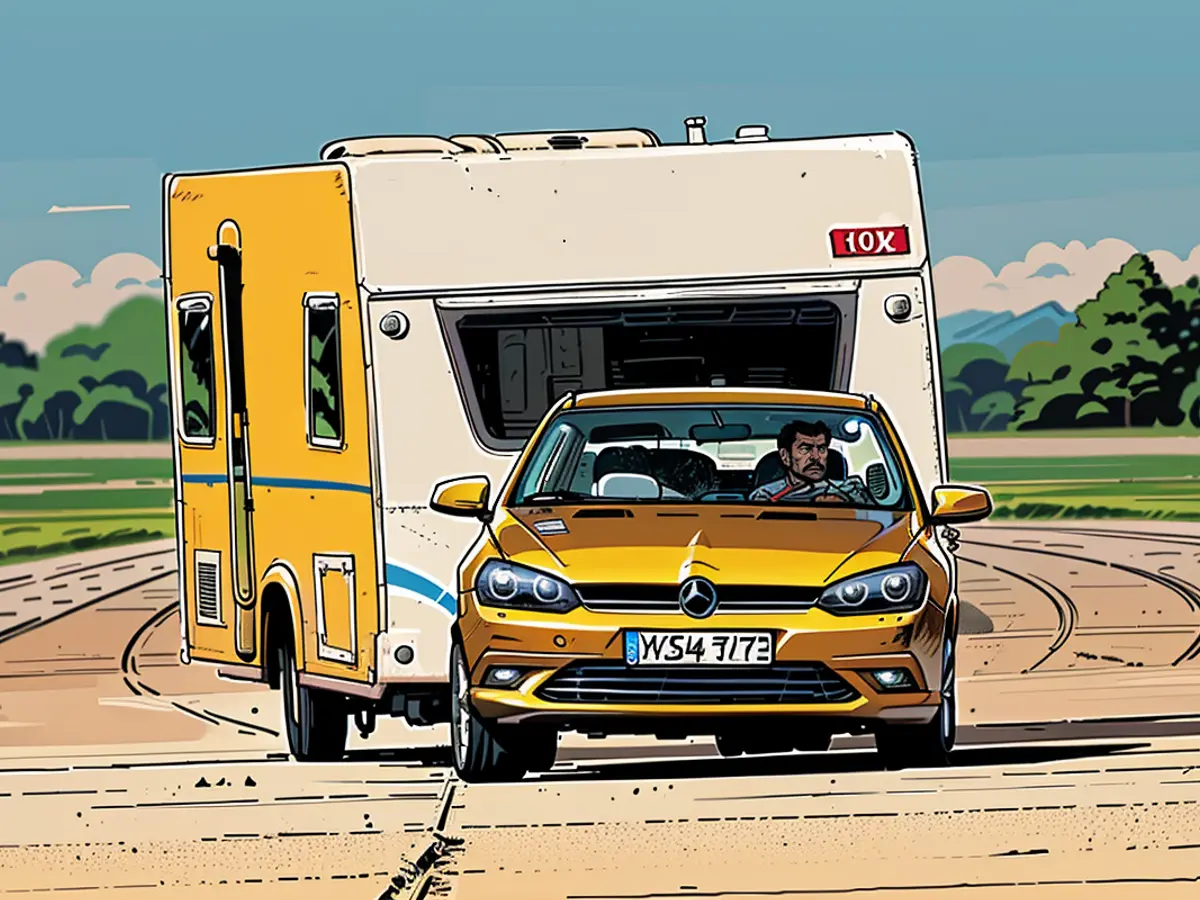Toyota's European Aggression in Electrification and Beyond
With a focus on revolutionizing Europe's automotive landscape, Toyota reveals ambitious plans. The Japanese automaker is set to launch numerous electric vehicles (EVs) in Europe by 2026, embracing the future of battery technology with open arms. Yet, the company is also keeping a keen eye on hydrogen.
Two new electric offerings are on the horizon, including an entry-level Lexus and updates to its commercial vehicle range. Toyota asserts that it aims to strike in various sectors, leveraging both advanced battery technology and hydrogen as major players.
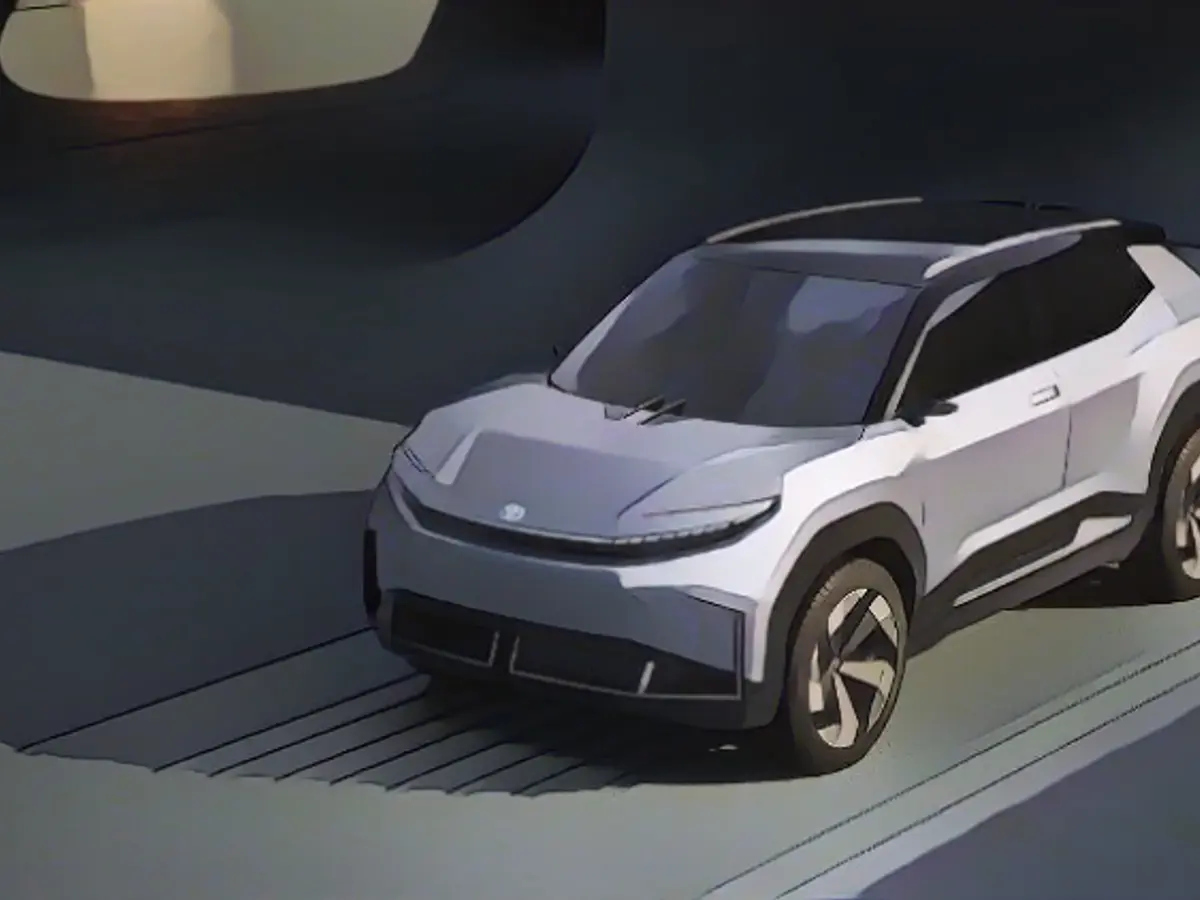
A latecomer to the electric mobility scene, Toyota now gears up to become a trendsetter in the small battery Sport Utility Vehicle (SUV) category. During its annual presentation in Brussels, the automaker showcased the "Urban SUV Concept" study, featuring sturdy, angular styling and the potential for all-wheel drive, focusing on variability within its compact frame.
The B-SUV segment is expected to witness a surge in demand as Toyota aims to replicate the success it enjoyed with the Yaris Cross electrically. While specific details remain elusive, the automaker has no intention of positioning the model as a budget electric car, even though it may cater to various customer needs and budgets thanks to an array of battery options.
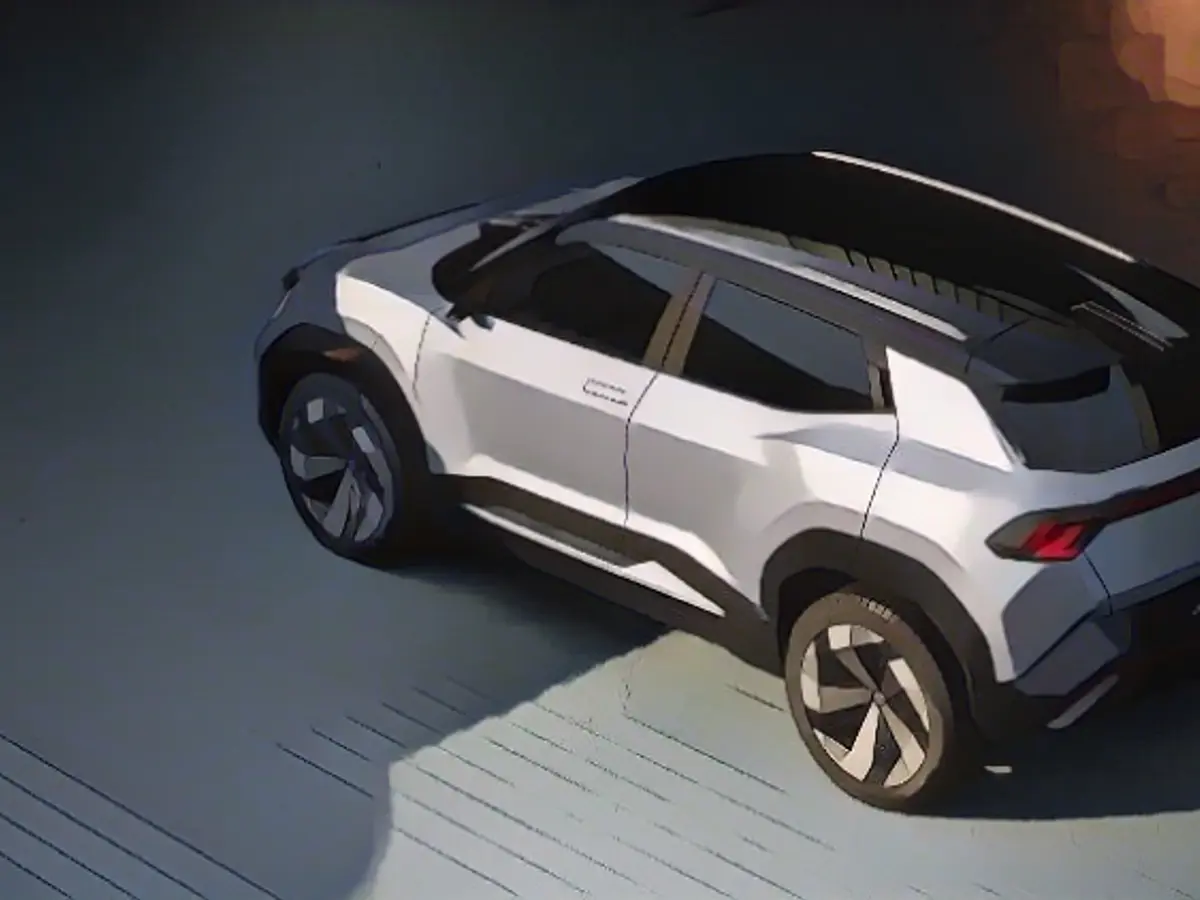
The "Sports Crossover Concept," a classy, elongated, five-door electrified model, is poised to make Toyota's flagship debut by 2026. Paired with the already-available bZ4X, the compact SUV announced in 2022, and the Urban SUV, a sextet of electric cars is slated to hit European roads over the next three years.
Pro Ace and Pro Ace City electric vans are in the works for 2023, featuring an extensive exterior revamp and interior upgrades. Stellantis collaborations help meet commercial vehicle sales targets in Europe, which are intended to rise from 119,000 units to 140,000 vehicles in the coming year.
Moving Beyond Electric
While electric vehicles receive a major push, Toyota's European plans do not end there. Premier luxury subsidiary Lexus will introduce the highly-anticipated LBX mini-crossover, a revamped hybrid variation of the Yaris Cross, making an affordable entry point into its offerings with a base price of €33,000. The first battery-powered Lexus is not due until 2026.
Until then, the Lexus RZ, an offshoot of the Toyota bZ4X, will pave the way as the brand's first EV. To attract a wider audience, a front-wheel drive version, with an estimated entry-level cost of around €60,000, will hit the market in 2024.
Toyota and Lexus's reluctance to fully commit to a battery-focused strategy in Europe is contrasted by their support for hydrogen technology. The third-generation fuel cell is set to launch by 2026, while Toyota's Hydrogen Fuel Factory will provide hydrogen fuel cell technology to European markets by the same year. Fuel cell vehicles will maintain a presence in Europe, with the fuel cell variant of the premium Crown saloon on sale in Japan.
New Horizons for a Sustainable Future
By 2026, the target is to raise the share of battery-electric vehicles in all Toyota Motor Europe (TME) sales beyond 20%, amounting to around 250,000 units. A complete CO2 reduction in new cars by 2035 and a carbon-neutral value chain and logistics by 2040 are the ultimate objectives for the Japanese brand in Europe.
Toyota has surpassed six million electrified vehicle sales in Europe, with a mix of BEVs, FCEVs, PHEVs, and HEVs accounting for 74% of total sales, underlining its dedication to a diversified approach to reducing emissions.
In an effort to tackle climate change and sustainability, Toyota launched an initiative to connect SME suppliers with its business units through the Toyota Open Labs platform and aims to enhance collaboration and production scaling up in the drive for sustainability in the supply chain.
Toyota's commitment to embracing future mobility trends and prioritizing sustainability is evident in its plans for the European market. The company is proactively adapting its strategy to cater to evolving market demands, with battery and hydrogen technologies setting the stage for a revolution in the European automotive landscape.
